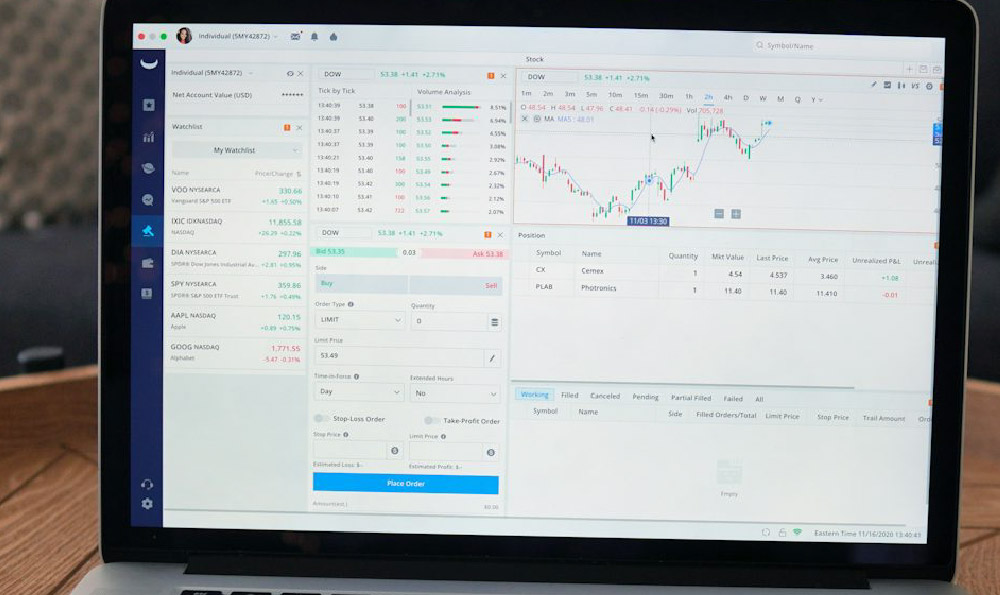how much do general contractors earn
General contractors play a vital role in the construction industry, bridging the gap between project vision and execution. Their earnings are influenced by a multitude of factors, from the scale and complexity of projects to regional economic conditions. Understanding the income potential of these professionals requires considering their responsibilities, market dynamics, and the evolving trends reshaping the sector. As the demand for infrastructure, residential, and commercial development fluctuates, so does the financial landscape for general contractors. This interplay of variables creates a nuanced picture of their earnings, which can vary widely based on experience, location, and specialization.
The income potential for general contractors is shaped by the inherent risks and rewards of managing construction projects. These professionals are tasked with overseeing timelines, budgets, and coordination among subcontractors, suppliers, and clients. Their compensation often reflects the level of expertise required to navigate these complexities. While entry-level contractors may start with modest salaries, seasoned professionals with a track record of successful completions can command significantly higher earnings. The disparity is further amplified by the nature of projects—residential builds typically offer more predictable returns, whereas large-scale commercial or infrastructure developments provide higher profits but also greater exposure to market volatility.
Regional differences exert a substantial impact on general contractors' salaries. In countries like the United States, the average annual income for a general contractor ranges from $50,000 to $120,000, depending on factors such as project volume and local labor costs. Proximity to urban centers, where construction activity is more concentrated, tends to elevate earning potential. Conversely, contractors operating in rural or less economically developed areas may face lower wages due to reduced project opportunities and competitive pricing. International markets, however, present distinct scenarios. In regions experiencing rapid urbanization, such as Southeast Asia or parts of the Middle East, general contractors often benefit from high demand and project-specific incentives. Meanwhile, cost-of-living disparities and currency fluctuations can influence net income, underscoring the importance of local market awareness.

The size of the projects they manage is a decisive factor in their earnings. Small residential projects may yield shorter-term profits, while large commercial ventures demand long-term commitments and carry higher rewards. For instance, a contractor managing a single-family home might earn around $50,000 to $70,000 for the project, whereas those overseeing a multi-million-dollar office complex could see earnings exceeding $200,000 annually. Additionally, project diversity plays a role—specializing in niche areas like green building or high-end residential construction can lead to premium pricing and higher income. Contractors who diversify their services or secure long-term contracts with clients may further stabilize their earnings.
Experience and professional networks significantly determine a general contractor's income trajectory. Those with decades of experience often possess deep industry knowledge, enabling them to negotiate better rates and attract high-value clients. Moreover, they may transition into roles that require less hands-on work, such as management or consulting, which can increase their earnings. Building a strong network of suppliers, subcontractors, and industry peers can also enhance profitability by facilitating access to exclusive opportunities and reducing operational costs. Conversely, newcomers often face challenges such as lower rates, higher overhead, and the need to establish credibility, which can affect their income prospects.
The construction industry's dynamics are increasingly affected by technological advancements and globalization. Digital tools like project management software and building information modeling (BIM) have streamlined operations, allowing contractors to optimize efficiency and potentially increase profit margins. Automation and prefabrication methods are also reducing labor costs, which can impact income structures. Simultaneously, globalization has expanded project horizons, granting contractors access to international markets where demand may align with income potential. However, local regulations, tax policies, and labor laws can create hurdles, requiring contractors to adapt their strategies accordingly.
For those considering a career as a general contractor, it is crucial to recognize that income is not solely a function of raw experience. Continuous skill development, including certifications in safety, project management, and sustainable construction, can enhance earning potential. Networking with industry leaders and leveraging digital platforms to showcase expertise can also open doors to lucrative opportunities. Furthermore, diversifying into value-added services, such as design consultation or energy-efficient solutions, may differentiate a contractor from competitors and attract higher-paying clients.
The financial outlook for general contractors is closely tied to broader economic cycles. In periods of economic growth, construction activity tends to increase, leading to higher demand and potentially higher earnings. Conversely, economic downturns may reduce project budgets and timelines, posing challenges for contractors. However, the industry's resilience in recovery phases often allows professionals to regain or even surpass previous income levels. Sustainability and innovation are driving new opportunities, with contractors specializing in eco-friendly practices or smart construction techniques finding themselves at the forefront of emerging income streams.
Ultimately, the earning potential for general contractors is a reflection of their ability to adapt to market demands, leverage technology, and build enduring professional relationships. While the industry presents opportunities for significant financial growth, it also requires navigating risks and addressing challenges that could affect income stability. As the construction sector continues to evolve, so too will the income trajectories of those within it, making it essential for contractors to stay informed and proactive in managing their financial futures.















